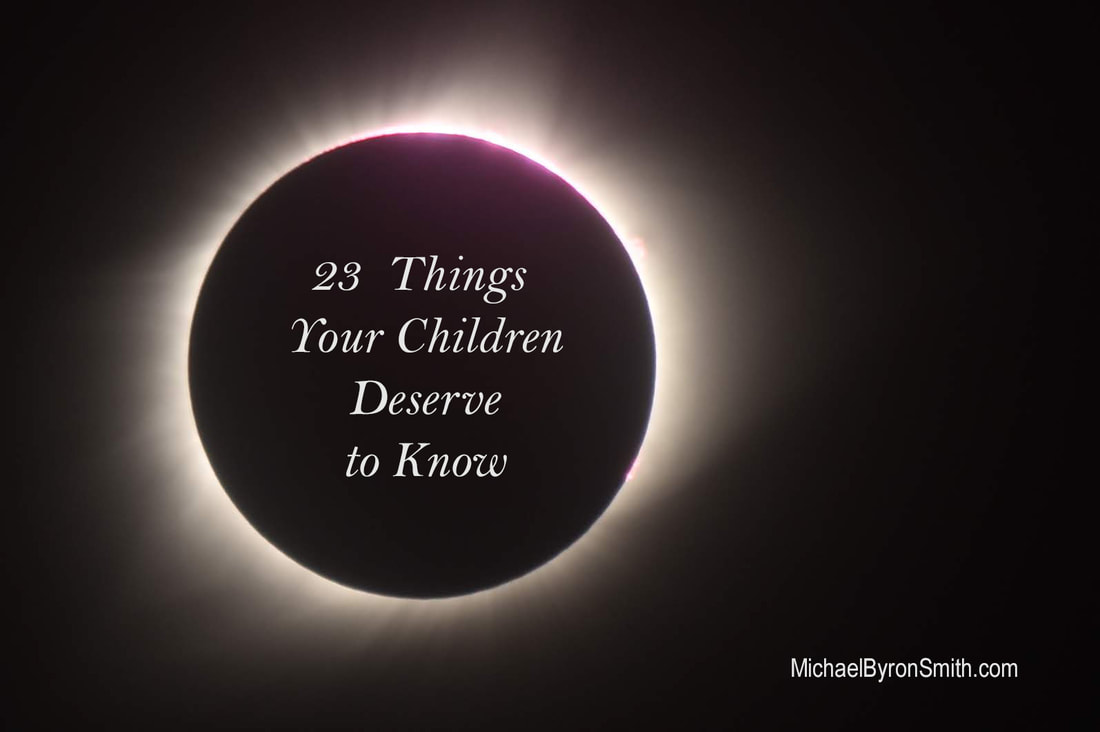 My 6 yr old granddaughter jumping off a cliff.
My 6 yr old granddaughter jumping off a cliff. Unnecessary fear grips many of us as we watch events on the news, not realizing that what we are watching may be real, but magnified and laser-focused almost without exception. This focus gives a false impression of the danger to us and our loved ones. A bridge collapses and you now fear crossing bridges, not considering that death by a bridge collapsing is astronomically uncommon. This magnification makes an unlikely incident seem likely. If you magnified a drop of common drinking water, you may never drink water again because, like a bridge collapse, you are seeing ugly things you normally don’t see.
Alternatively, we may not be aware of some unworthy risks because they do not have the scrutiny we get from our outside sources. Some may take certain drugs, not knowing the danger. Even prescribed drugs have danger. We have a 1 in 92 chance of dying of opioid abuse in our lifetime. Knowing this, you can reduce your odd to zero if you choose. We often ignore or choose to be ignorant of the risks for things we want to do.
In recent years, with expanding technology and social media, we have taken the woes that used to be suffered by a few and shared the pain amongst all of us through shared knowledge. When the shared pain reduces the severity of the few, by taking certain actions, it is a good thing. But when that pain becomes a burden without proper reasoning or positive results, it hurts the innocent far more than it helps the burdened.
As old people often say, “In my day, we did this and that.” It sounds trite, but it is true! In my day, some aspects of daily life were worse, but some were better. While the good things in life often come from technology, making our world safer and more comfortable, many of the bad things come from social influencing and lack of understanding of risks or statistics.
Risk consists of two components, likelihood and consequence. When we focus on the consequence more than the likelihood, we may miss opportunities like a life saving operation where death from the operation is one in a thousand. On the other hand, if we focus on high likelihood of a consequence, but the consequence is very low, like striking out in a baseball game, we miss out on competition and experiences.
If you can’t handle a one in a thousand risk here and there, you’re going to have a boring life. Yet many shy away from potential joy or gain when a risk is one in a million, or less. But that is certainly your choice! It may help, however, to spend some time analyzing common risks we take every day. Would you do something where the odds of dying from this thing in your lifetime are 1 in 100? Maybe not, but if you don’t, you will never ride in a car. Actual odds of injury or death for certain activities can be seen on the National Safety Council website.
https://injuryfacts.nsc.org/all-injuries/preventable-death-overview/odds-of-dying/
As stated by NSC, “Fear is natural and healthy. It can help us respond to danger more quickly or avoid a dangerous situation altogether. It can also cause us to worry about the wrong things, especially when it comes to estimating our level of risk.
If we overestimate our risk in one area, it can lead to anxiety and interfere with carrying out our normal daily routine. Ironically, it also leads us to underestimate real risks that can injure or kill us.
It can be difficult to accurately assess the biggest risks we face. Plane crashes, being struck by lightning, or being attacked by a dog are common fears, but what about falls, the danger inside a bottle of pills, or your drive to work?”
I think it important for parents to have a handle on risks, rewards, natural fears, and unhealthy fears when raising their children. Knowing the risks of certain activities, regarding both likelihood and consequence, is helpful and imperative for you and your children’s happiness and safety! Some parents are risk averse and may cheat their children of fun and learning, while others are overly risk tolerant, sacrificing too much safety. There is a middle ground which may vary for each family and person. And vary it does!
Michael Byron Smith
Author of “The Power of Dadhood”
















